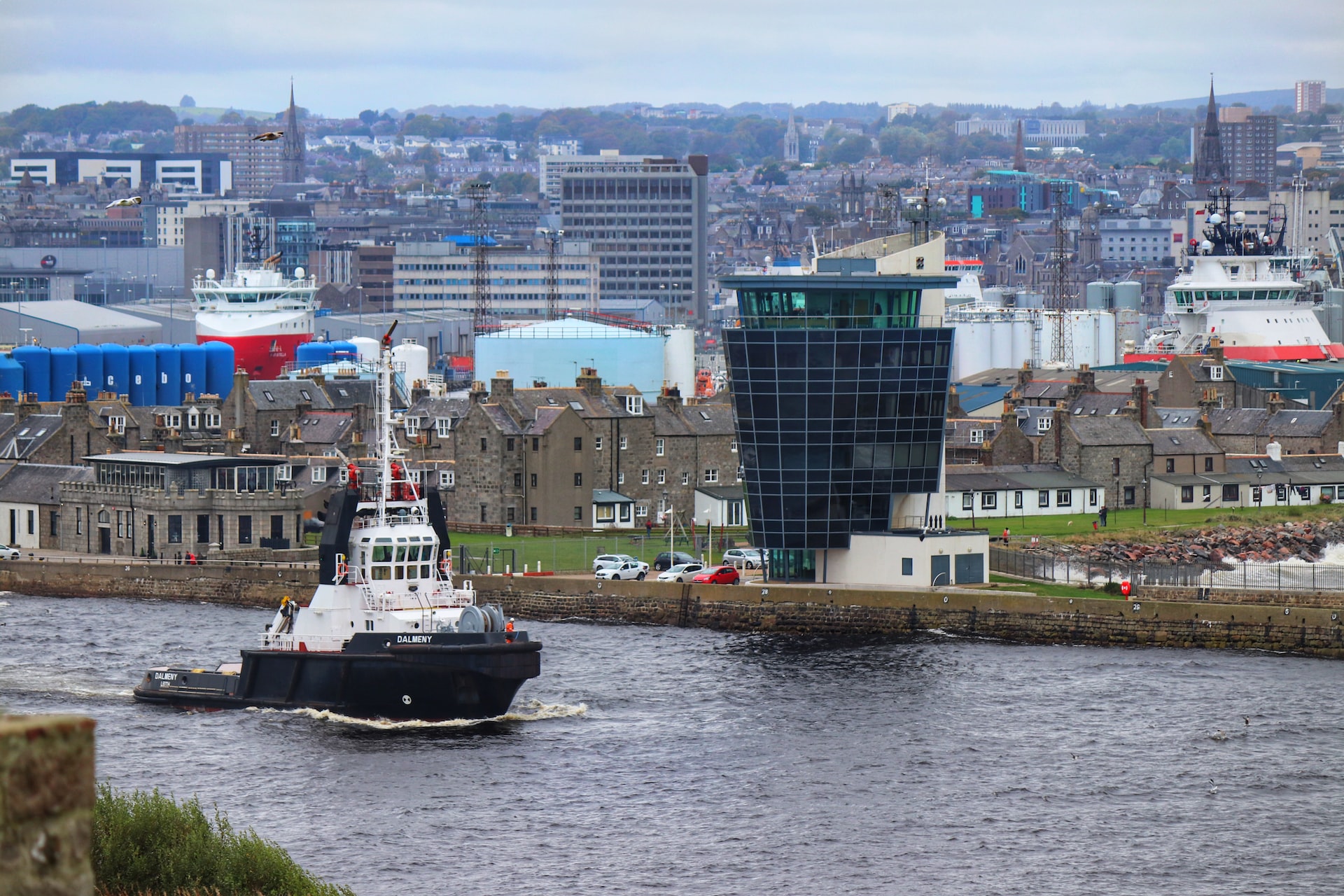Aberdeen mulls highest Visitor Levy in Scotland

Aberdeen City Council is set to discuss a proposed 7% tourist tax this week, the highest suggested rate in Scotland.
The Visitor Levy allows Scottish councils to charge a fee on overnight stays in accommodations like hotels and B&Bs.
While Edinburgh has agreed on a 5% levy, and Glasgow and Highland Council are consulting on the same percentage, Aberdeen’s proposal is significantly higher. Other councils, including Aberdeenshire, Perth and Kinross, Moray, and the island authorities of Orkney, Shetland, and Comhairle nan Eilean Siar, are in various stages of exploring similar levies.
Aberdeen’s proposed 7% tax could add an average of £5 per night to visitor costs, with the earliest implementation date in April 2027.
Several industry organisations have expressed concerns about the plan, including the Scottish Bed and Breakfast Association, the Scottish Tourism Alliance, and the Association of Scotland’s Self-Caterers (ASSC). They believe it is unnecessary, due to the lack of over tourism in the city, as well as a danger to future tourism, and that it will damage the city’s wider economy.
Fiona Campbell, ASSC CEO, expanded: “Aberdeen City Council are putting the cart before the horse. If they desire to grow their tourism-related economy, this is precisely the wrong way to go about it.
“A punitive rate of 7% would be more than that envisaged by other cities like Glasgow or Edinburgh. Moreover, it is important to understand this is a tax on a tax: the 7% levy itself would be subject to 20% VAT, something unheard of in Europe. Other destinations have a reduced rate of VAT on tourism services, where Scotland does not.”
Ms Campbell continued: “The council also need to be open about who will be paying.
“This is not an ‘international’ visitor levy paid only by foreign tourists with exemptions for residents, but one applicable to ordinary Scots staying overnight in Aberdeen, those who have already made a financial contribution to local services. Cruise ship passengers docking at Aberdeen harbour won’t be captured by it.
“However, it will be a tax on those with overnight stays taking in a concert at the P&J Live or Music Hall; it will be a tax on those staying in accommodation while visiting a relative at Aberdeen Royal Infirmary; and it will be a tax on key workers in the energy industry requiring a stay before heading offshore.
“And as with all taxes, the only way is up, especially when councils are starved of funds. A rate of 7% smacks more of an easy revenue raiser than anything else.”
She concluded: “Aberdeen Council must take stock, tread carefully and listen to the voice of business who will ultimately be responsible for administering this.
“Overall, any levy must be set fairly, have good governance and thoughtful implementation at its heart, and monies raised for tourist infrastructure only. Failure to take these steps could result in a policy that erodes the very industry it is supposedly intended to support.”







